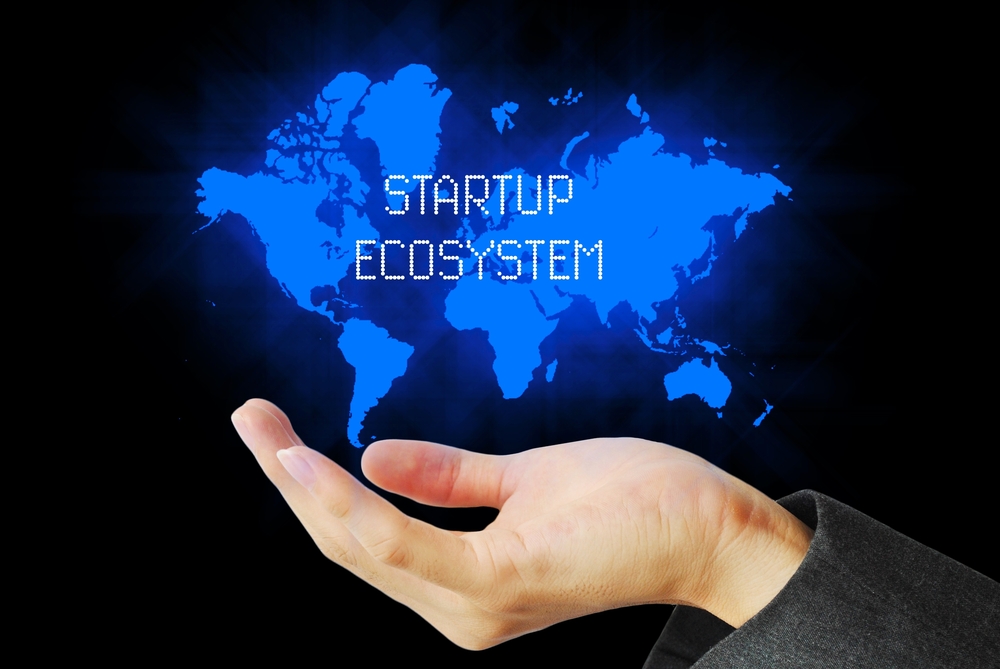What is a Startup?
Written by
We’ve been asked a number of times to explain and define what a startup is. What criteria make up a startup? If you search the Internet for an answer, you will find several opinions and discussions on how to define a startup company.
The questions being asked are if the age of the company defines a startup, the number of employees it has, its management structure, or the revenue it generates. Is it all the above combined?
Let us take a look at an example:
Uber is a company that has been around for 6 years, is valued at over $50 billion, operates in approximately 60 countries and has tens of thousands of employees worldwide. Is it still classified as a startup company? If you ask Uber, they would say yes. Many would argue otherwise based on the number of years it has been around and its value. However, others would argue that it still is classified as a startup since it still is growing rapidly, while discovering the services to offer and its customers.
Many startup founders believe that startups are not defined by metrics but that it’s a state of mind and culture that classifies a company as a startup. What does that mean? Well, when people join a startup company, they decide to sacrifice stability in exchange for the potential to grow tremendously and for the excitement of being a part of something that is making an instantaneous impact on the world.
A startup does not have to be tech-oriented but one thing everyone agrees on is its ability to grow. A startup company is designed to scale very quickly unconstrained by geography and this is a quality that startups have that differentiates them from small businesses. Hence, a little fashion boutique in one town is not considered a startup. Another characteristic everyone agrees on to classify a company as a startup is that success is not guaranteed and there is a constant risk in investing in the company.
In conclusion, we would define startups as high-risk innovative business ideas created to solve an issue, which could either result in massive success or failure.




